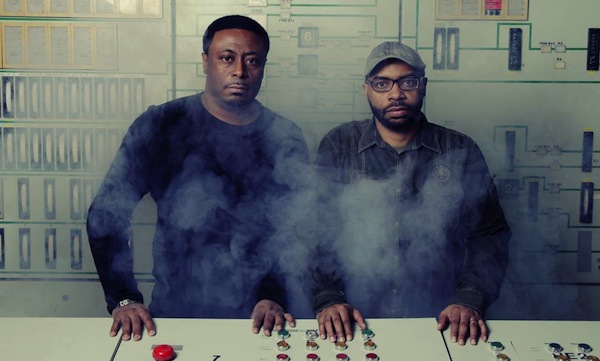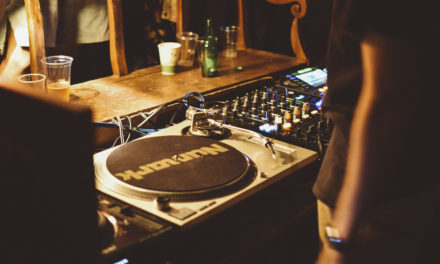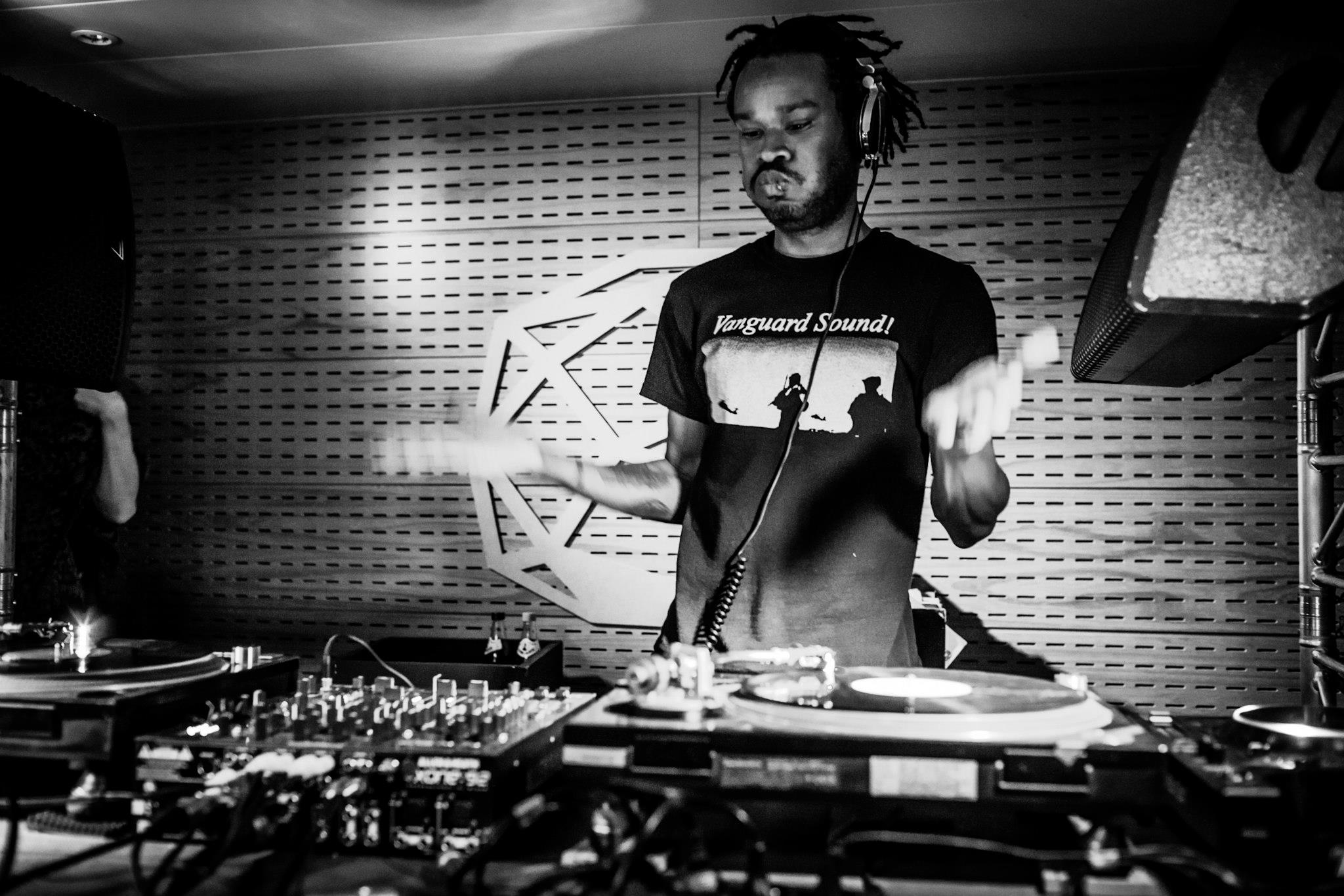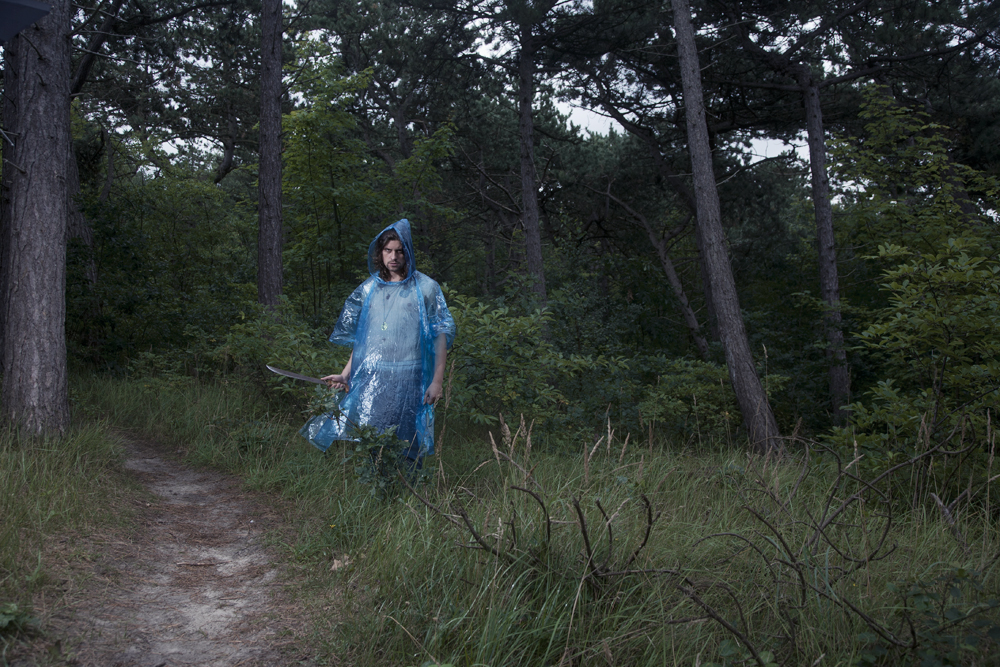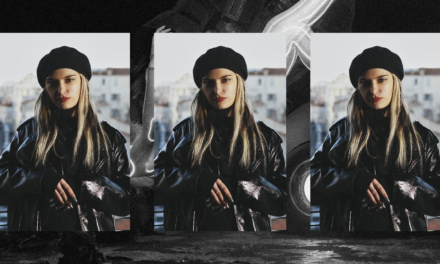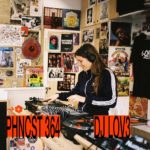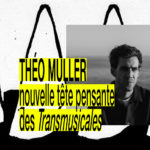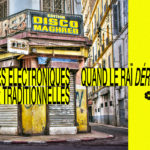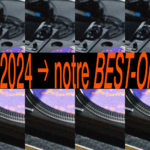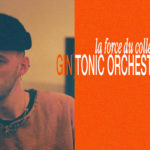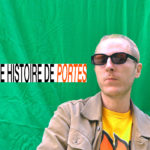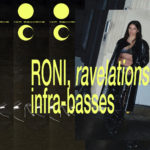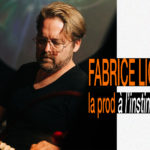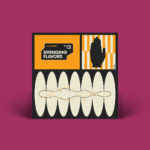Comme vous avez pu le constater, nous avons décidé pour 2013 d’adapter certains articles en anglais de façon à faire profiter à nos amis anglophones de nos découvertes. Aujourd’hui, nous vous proposons une interview d’Octave One , duo emblématique de Détroit composé des frères Burden ! Pour garder l’essence de la conversation nous avons préféré la conserver en anglais.
Octave one may be one of the most respected duo from Detroit composed by the two oldest sons from the Burden Brotherhood, their music has been present on the world’s dancefloors for the last two decades. They made massive tunes like “Black Water” but they also run an historical label 430 west on which they developed their own sound. Now they are travelling all over the world broadcasting their tremendous live with only analogic gears. During their career, they’ve known the underground, the fame, but they never changed how to proceed keeping constantly the same level of quality. You may listen to them as historical contributors of the Detroit scene but also as brilliant live performers. Djul’z invited them to play for the Bass Culture residency at Rex Club in April, so thanks to Rex Club, we asked them few details about this family story.
– Hello The Burden Brothers, could you present yourself?
Lawrence Burden & Lenny Burden and together we make up the duo Octave One!
– You belong to the second generation of Detroit, is there an importance for you in terms of sound between the several generations of producer coming from the motor city?
We don’t really know if there is really an importance to us in the sounds of the generations because we really do all collectively have a theme somewhat to how the city influences our music. If you’ll notice pretty much whoever the artist is, we all produce from a funky point of view this is how the city influences us.
– Could you explain us how 430 West took forms? What was the guideline of the label?
430 West took form shortly after we recorded our first song and it was released on Virgin’s 10 Records as well as Derrick May’s Transmat imprint. We decided to start our 430 West label out of frustration because we couldn’t get enough of our songs that we recorded to be released on Transmat. We didn’t understand at the time really how Transmat worked with dropping its releases and with three brothers (including Lynell Burden also) at that time producing quite a number of tracks independently as well as collectively there was an overflow of music stacking up around us. We also had friends who did quite a number of really good tracks that were just as frustrated with there release schedules too and that wanted an outlet for there music also. So we wanted to build a producer ran label basically that released tracks that we were proud of and with more consistency.
– When you started to work in music, was it important to own a label in Detroit as artist?
We don’t feel it was important so much to own your own label during that time, it just kind of grew out of necessity because of the number of producers that were starting to enter into the game. We all had a love of the music and we just needed a way to let the music hit the streets quicker. You’ll even notice that guys that had there own labels often did releases for some of there techno brethren because they just had that many tracks waiting to be released.
– Is it easy to make music and run a label with your family?
It has its ups and downs like everything 🙂 You have your disagreements like everyone that owns a label does between label heads and producers sometimes. But the difference being that we think having a family business allows you to be more forgiving when things don’t quite go as planned even after we’ve been hard on each other regarding the situations. We’re a close knit family and the brothers (five of us) grew up sharing a great many things including our success and even failures so we’re really familiar with each other without a great many surprises, so we know how we’ll handle one another.
– You are the eldest of your brotherhood, how did you handle this? Do all your brothers are involved in music as well?
Again, being a close-knit family (probably a bit too much at times) each one of us helps to keep our sibling in check. There’s nothing like your brother bringing you back down to earth when you get a bit too haughty…often it’s a bit sobering as well. Although we try to handle each other with a level of tact, at the end of the day we all know how much of a punch we can symbolically deliver to each other to rectify a situation.
Lenny and myself handle most of the label and live act performances, we all on some level are involved in the producing of the music even down till today. We all love producing individually, but together (although we don’t often get the opportunity) put all five of us in one room to produce fun is had by all for sure!
– Regarding the number of release on the label during the 90’s. We can deduce that the management of the 430 West and Direct Beat was one of your first occupations during the 90’s. However, were you touring or not so much? Were you touring together? And was it already live act?
During the 90’s we didn’t do a lot of touring as Octave One, but Lawrence did do a lot of Djing throughout that time period and toward the end of the 90’s we started doing some dates under our Random Noise Generation group and a few dates as Octave One. We had quite a bit too handle with the artist on both labels so we really were understaffed to do anything but run the imprints and to handle all the various artist which was more than a bit taxing. We were in the office so much most of our artist didn’t realize we were artist too.
We had always talked about touring together actually from the beginning but we just couldn’t figure out how to successfully pull it off and make it interesting for our fans. Although, we had been getting tons of offers for insane amounts of money to play we didn’t want to just collect the cash we wanted to give a good show, which was the most important thing to us. So we passed on the offers during that time period.
The funny thing is that we had setup a tour for one of our artist and the cost emptied out our bank accounts. So we were really banking on it to be a major success which it was looking like it was turning out to be. Then right before the tour was planned to begin they bailed on us and left us virtually bankrupt in the process. We had to make a quick decision to either come up with a group to replace them or sell off everything that we owned to cover our debts…from there our live careers were born out of pure necessity.
To fill the void that the band that bailed left for us, Lawrence would dj and I would perform live after his dj set on the tour. After Lawrence did his set I started to perform live and Lawrence felt that with all the gear I had on stage I needed more hands to work the mixer. Lawrence was still amped from his dj set and started to play the sound-mixing desk like a dj mixer. And from there, literally our live performances set evolved in front of an audience live at the Motor Lounge. The crowd went totally bananas, so we made an effort to develop our live show from those beginnings.
– Regarding all the legend of djing in Detroit is it easy to be a dj in the D?
The decision to stop djing was just that the fun factor was starting to leave me and I didn’t want to become a dj that was not passionate about what he was doing. Although later, I’ve come to realize that I was just doing too many dates at that time and as the live set picked up also it added even more dates to my schedule. Plus performing live and djing certain shows as well as a lot of times doing after parties was overwhelming for me. The live set offered me the opportunity to explore more ideas on stage and my love for it developed to the point that that was all I wanted to do, so I let djing fall by the waste side.
Funny answer to if it is easy to be a dj in the D…I simply don’t know. My introduction into doing dj sets in the D was started doing college parties and once we started doing records it took me straight into the European scene since I was the dj representing the group. So I never did a lot of sets in Detroit proper.
– What do you think is the value added of live act in electronic music?
We think its really a major value to perform live in the electronic music scene. First and foremost it helps to get you directly connected with your audience and it adds another dimension to the landscape of the scene, which is beneficial for growth.
– We can guess that you’re really touring intensively for 10 years, was it a good thing to spend 10 years focused on studio work before?
A-B-S-O-L-U-T-E-L-Y!!!! It was more than a good thing producing, producing and producing in the studio during that time period. It was essential! Doing it that way, the material was there and had been released and a fanbase developed in response to those releases. After we started touring, we came to the realization that there isn’t a lot of time to do studio work because we’re constantly on the road. So we now need more new music to release and have learned to develop tracks and ideas on the road while we travel and to let the stage sort of become our studio experimenting with ideas and concepts at times live on the spot.
– Is it in order to give a meaning to the term « live act » and to keep the music « alive » that you play only analogic live or is it because you’ve always worked like this and it’s more confortable to work as in a studio?
First off, we do love playing with hardware verses software on stage. We’re not opposed to software setups but when we got into electronic music it was because of the love of electronics. The way keyboards, drum machines and effects felt intrigued, excited and drew us in to the point that we were just intoxicated by the sound and of what you could do with them.
– Did you already made tour with your other brothers?
We’ve never did a tour with the entire Burden brothers (Lawrence, Lenny, Lynell, Lance, and Lorne) but we have had each one of them performing with us at least one at a time with the most of us (everyone except Lance) on stage at one time at our anniversary party in the D many years ago. But who knows what the future might bring!
– You bring all your equipment for each gigs, did your work as roadies helped you to handle your tours from little gigs to big festival, and to structure your setup?
Totally! Those years of dragging and hauling bands equipment across the US certainly laid the groundwork for us being able to learn how to bring large amounts of gear in just a few cases and bags. Its always funny for us to see promoters and sound men jaws just drop as we start to unpack our gear and set it up. They all say the same things, “I can’t believe you guys brought all that gear!” and we reply and say, ‘but isn’t that what playing live is all about’. And after packing and unpacking drum sets, guitars, percussions setups, keyboards, etc, etc…hauling electronic gear is a breeze! But we do feel it’s time for some roadies.
– During your career you passed from the underground to big productions and then you came back to the underground… Do you think you made a perfect circle or did you follow a straight guideline?
We just kind of create for how we feel at any given point in time. So we don’t really aim toward a particular audience or create for the underground or bigger productions, we just release and see where it sticks. So, to answer your question about following a guideline; Yes we do! It’s called, let’s create and see what organically happens.
– You seem to be big lovers of analogic gears, but nowadays, when everybody can access to the same sound banks, how do you manage to keep your own sound?
We make our own sounds and we use a lot of analog gear. Doing this enables us to be free from the clones.
– Are you still living in Detroit? Why did you moved?
No, we actually moved about 5 or 6 years ago. One day we just woke up and realized that we had done all that we’ve ever wanted to do there and that we needed to find a new pulse to drive us. Don’t get us wrong we still love the D greatly and still consider it to be our home, but we just didn’t see any more growth for us there, hit a brick wall and longed for something new.
– Did the move to Atlanta change your approach of music?
If you had asked us this question after we first moved here we would have differently said, not at all! But the truth of the matter is that as being people who create, how can you not be influenced by your environment in some way shape or form? The air we breath, the people we meet, the things that go on in our community, even the food we eat…everything contributes to an artist’s makeup rather they realize it directly or not. So we too, being artist are influenced by our surroundings although we still haven’t pin pointed on just how and where the influence has hit us yet, we do see that we are leaning toward a lot more brighter sounds when we are producing now. We’re really starting to appreciate them, but we still like it funky for sure 🙂
– Your some of the guys who won’t explored the space thematic in Detroit, did have some concepts when you where going in studio?
Actually, that’s not quite true. We do as well have lots of space themes except when we do it for the most part we aren’t as upfront with them as everyone else. If you go and explore deeper still you’ll see the signs.
– During your career you made 5 albums, but since 2009 you release rhythm slowed down, is that only because you’re touring to much?
Yea, between touring and the move to Atlanta we hadn’t really had our complete studio in one place until the beginning of this year when we completed our studio here in the ATL. Now we’re about to get down musically with some new releases for sure!
If you have anything to say to somebody who will go to Detroit what would it be?
STAY UNDER THE LIGHT! Naw…we had an artist friend of ours that we had brought over from Sweden to perform during the festival one year. He wanted to hang out at the festival with some of his friends and would return late to our apartment where he was staying. He decided that it was so late and that he felt uneasy about disturbing us to come and pick him up, so he would walk back. Long story short, he got lost and had to call us to give us his location. When we found out where he was at put us in shear terror! And all we could tell him was to stay under the lights and we hoped that he would be safe until we could get to him. In so many words, stay under the light reach out to somebody who lives there to school you on what’s up!
Short questions:
The 5 cult Detroit Labels for you?
- Transmat (of course! )
- Metroplex
- KMS
- Retroactive
- UR
Could you give the 5 tracks you think most representative of Detroit?
Could you give us the 5 most important point in your career?
- Meeting Anthony Shakir
- Being included on the Detroit Techno 2 compilation,
- Starting 430 West Records,
- Working with Neil Rushton,
- Collaborating with Ann Saunderson on Blackwater
Could you give us one key person in your career?
Our Mother !
The first place to visit in Detroit?
The first place for us is always Parks Bar-B-Que, that’s what we miss living in Atlanta !
Many thanks to the Burden brothers for their time and their words and thanks to Molly !
Interview realised by @Sousouphono

